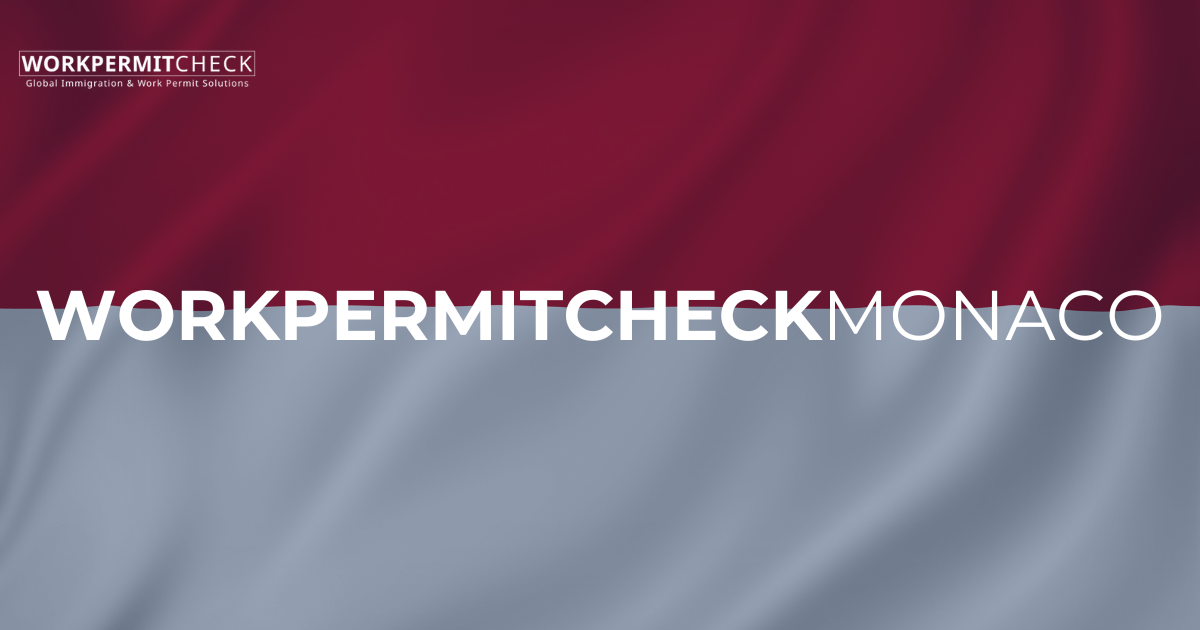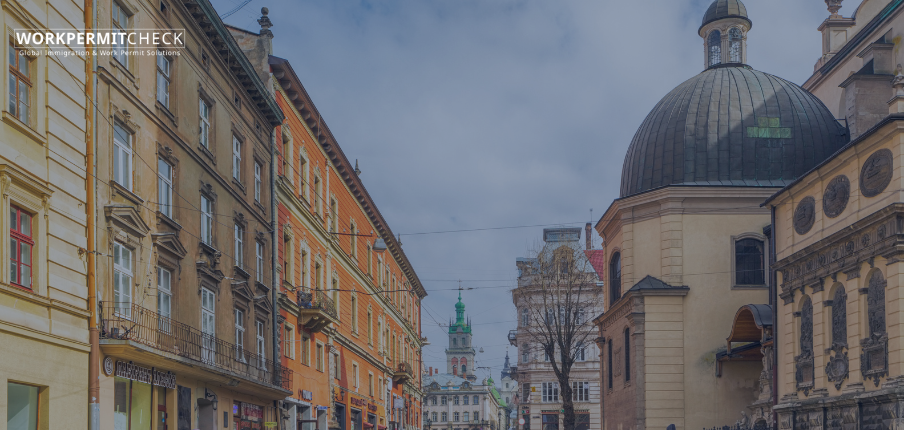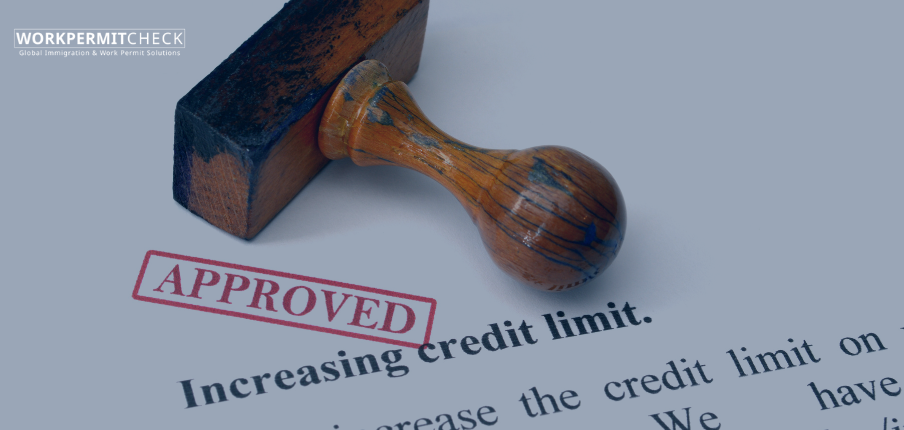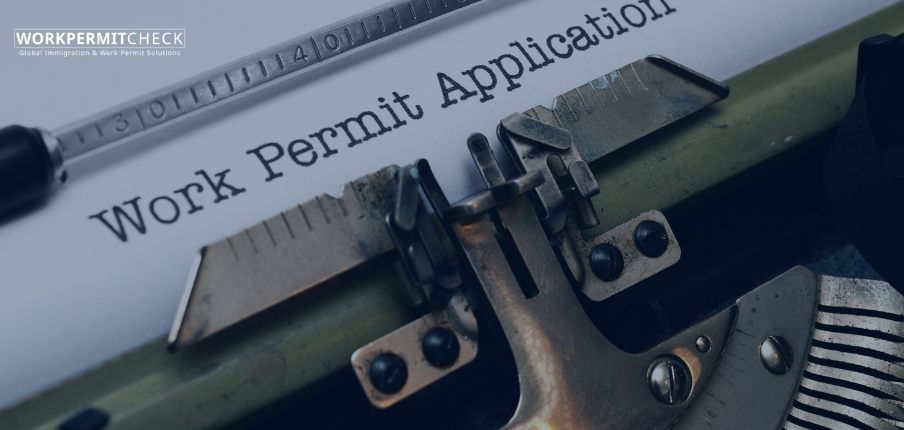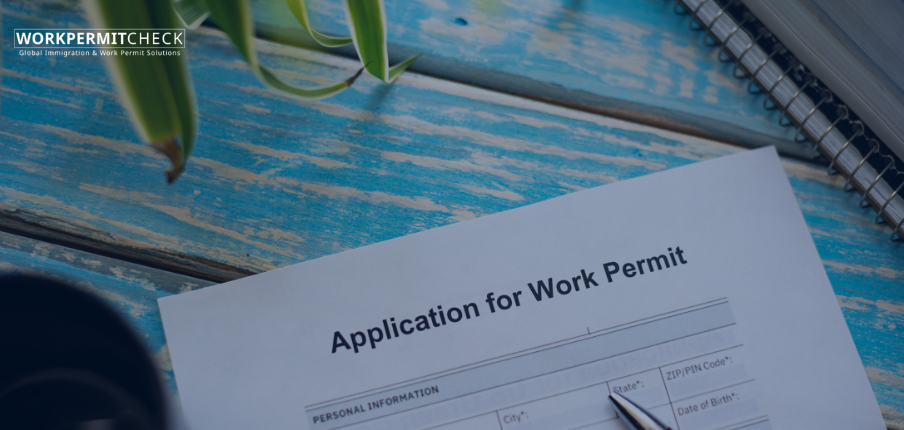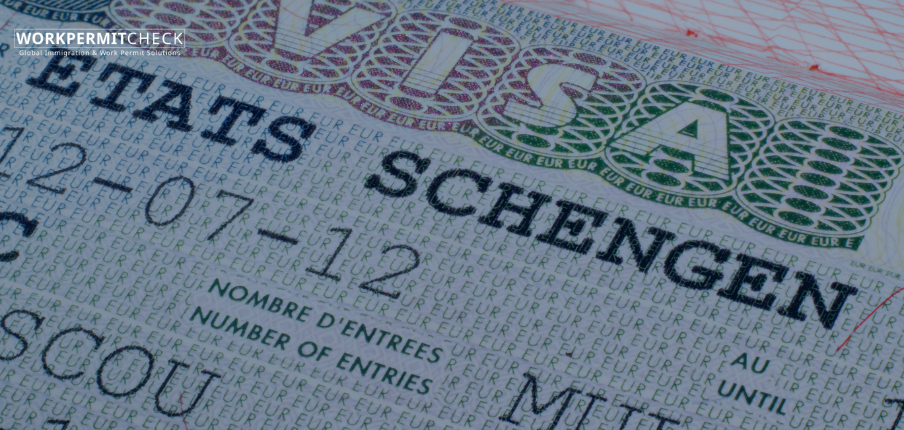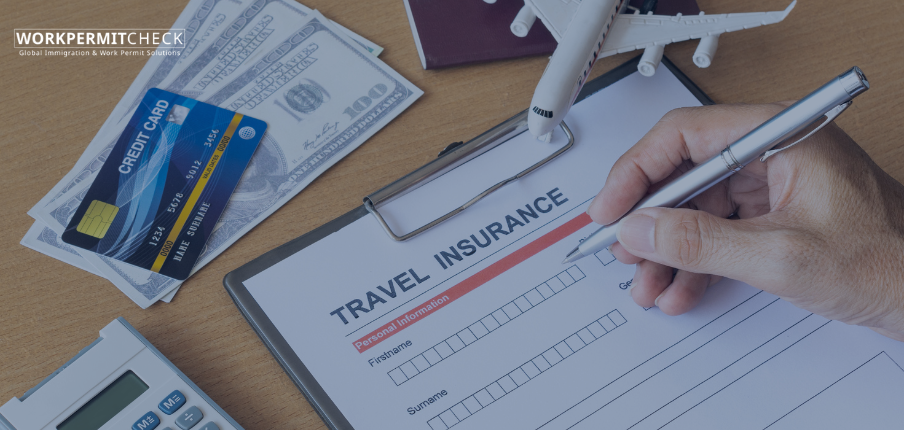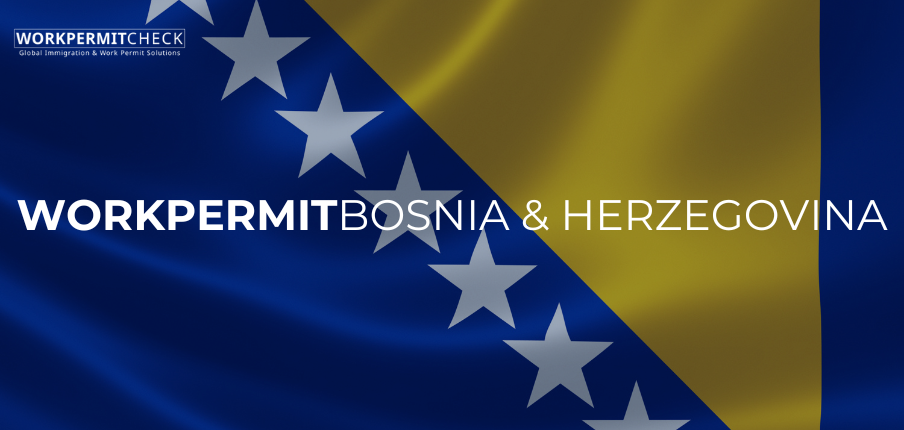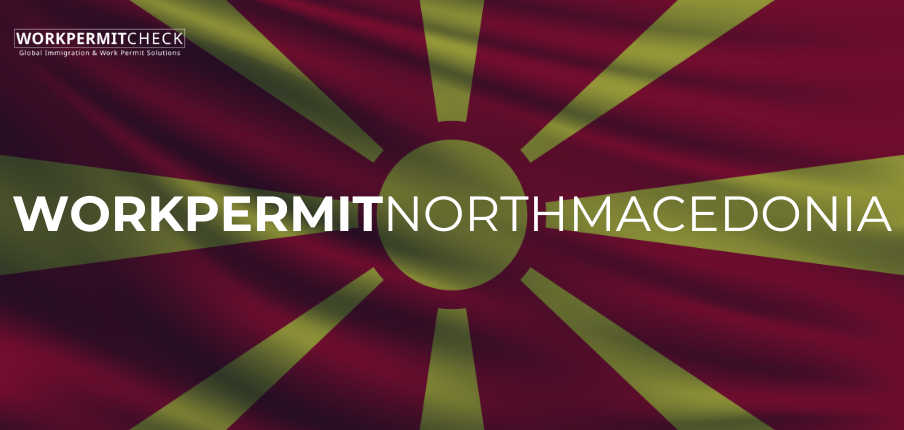The Netherlands is a popular destination for professionals seeking employment opportunities in a thriving European economy. However, if you are a non-EU/EEA or Swiss national, you will likely need a work permit to work legally in the country. This guide provides an in-depth look at the types of work permits available, the application process, and key requirements.
Types of Work Permits in the Netherlands
1. GVVA (Single Permit for Residence and Work)
The GVVA combines both the residence permit and work permit into one. It is required for most foreign workers and is typically applied for by the employer.
2. Highly Skilled Migrant Permit
Aimed at attracting skilled professionals, this permit is for individuals who meet a salary threshold and have an employer recognized as a sponsor by the Dutch Immigration and Naturalisation Service (IND).
3. European Blue Card
For highly skilled workers from outside the EU who meet education and salary requirements, offering mobility within EU countries.
4. Intra-Corporate Transferee (ICT) Permit
For employees transferring within multinational companies, applicable for managers, specialists, or trainees.
5. Seasonal Work Permit
Required for temporary jobs in sectors like agriculture. This is typically a short-term work permit issued alongside a residence permit.
6. Orientation Year Permit for Graduates
Recent graduates from Dutch universities and top international institutions can apply for this permit, which allows them to stay for a year to look for work.
7. Self-Employed Permit
Entrepreneurs and freelancers can apply for a self-employed permit if they can demonstrate that their business will benefit the Dutch economy. Additional conditions apply for startups.
8. Work Permit for Researchers
Researchers can apply under the EU Directive 2016/801, which allows them to work in the Netherlands without a separate work permit if affiliated with a recognized research institution.
Who Needs a Work Permit?
If you are from outside the EU/EEA or Switzerland, you generally need a work permit. Exceptions apply to certain categories, such as asylum seekers, trainees, and researchers.
Application Process
Step 1: Employer’s Role
For most permits, your employer must apply on your behalf. The employer needs to demonstrate that the job cannot be filled by an EU/EEA national and meet conditions set by the Employee Insurance Agency (UWV) and IND.
Step 2: Required Documents
The following documents are typically required:
-
Valid passport
-
Employment contract
-
Proof of qualifications (if applicable)
-
Health insurance coverage
-
Proof of sufficient income
-
Business plan (for self-employed applicants)
-
Proof of recognized research affiliation (for researchers)
Step 3: Submission to IND or UWV
-
GVVA & Highly Skilled Migrant Permits – Application is submitted to IND.
-
Regular Work Permits – Application goes to UWV.
-
European Blue Card – Applied through IND with stricter requirements.
-
Self-Employed Permit – Requires assessment from the Netherlands Enterprise Agency (RVO) before submission to IND.
Step 4: Processing Time
Processing times vary but usually take between 2-3 months. For highly skilled migrants, processing can be faster (2-4 weeks). The self-employed permit may take longer due to additional assessments.
Step 5: Receiving the Permit
If approved, the employee will receive a residence card (if applicable) and can start working in the Netherlands.
Key Requirements & Conditions
-
The salary must meet the legal threshold (varies by permit type and applicant’s age).
-
Employer must be registered with IND as a recognized sponsor (for certain permits).
-
Job must not adversely affect the Dutch labor market (except for highly skilled workers).
-
Health insurance must be arranged within four months of arrival.
-
Entrepreneurs must provide a viable business plan with economic benefits to the Netherlands.
-
Researchers must be affiliated with an institution recognized by IND.
Conclusion
Obtaining a work permit in the Netherlands involves employer sponsorship, meeting salary and qualification criteria, and applying through the correct agency. Understanding the right permit for your situation and following the application steps diligently will ensure a smooth process. If in doubt, seeking professional immigration assistance can be beneficial.
April 4, 2025



































